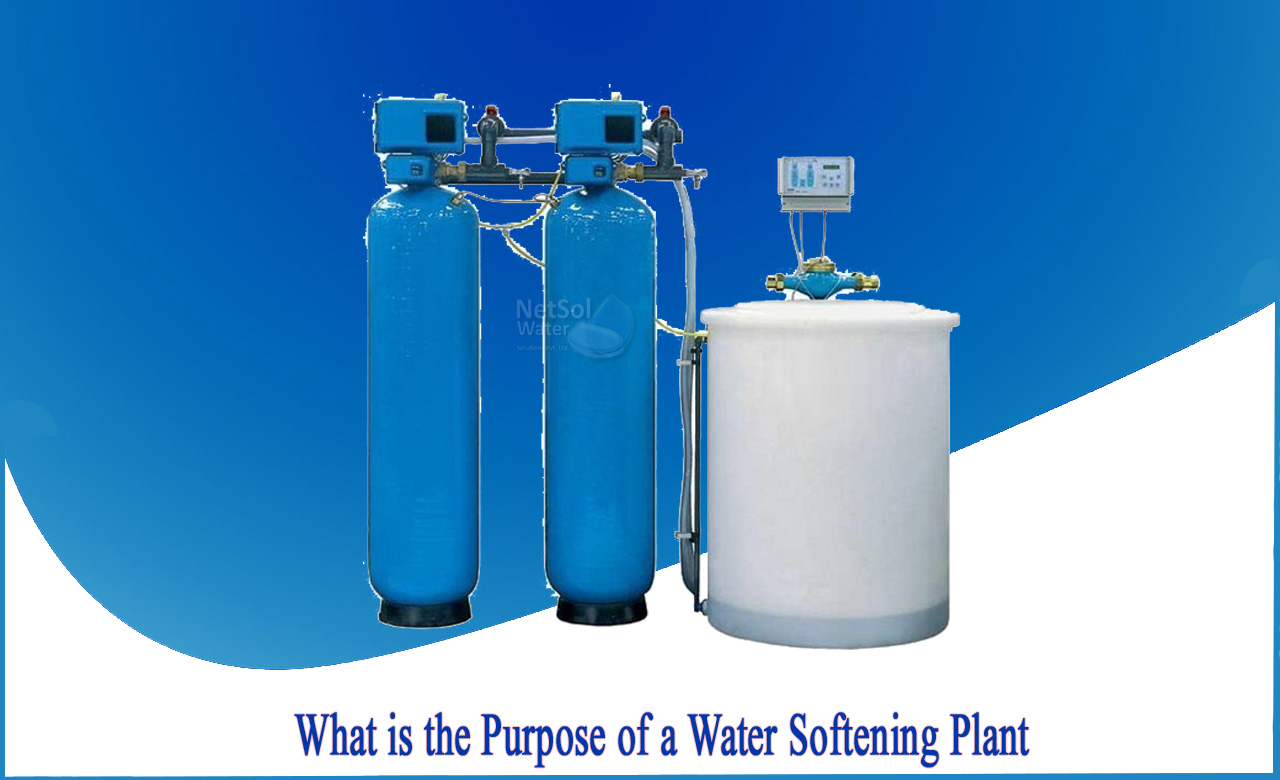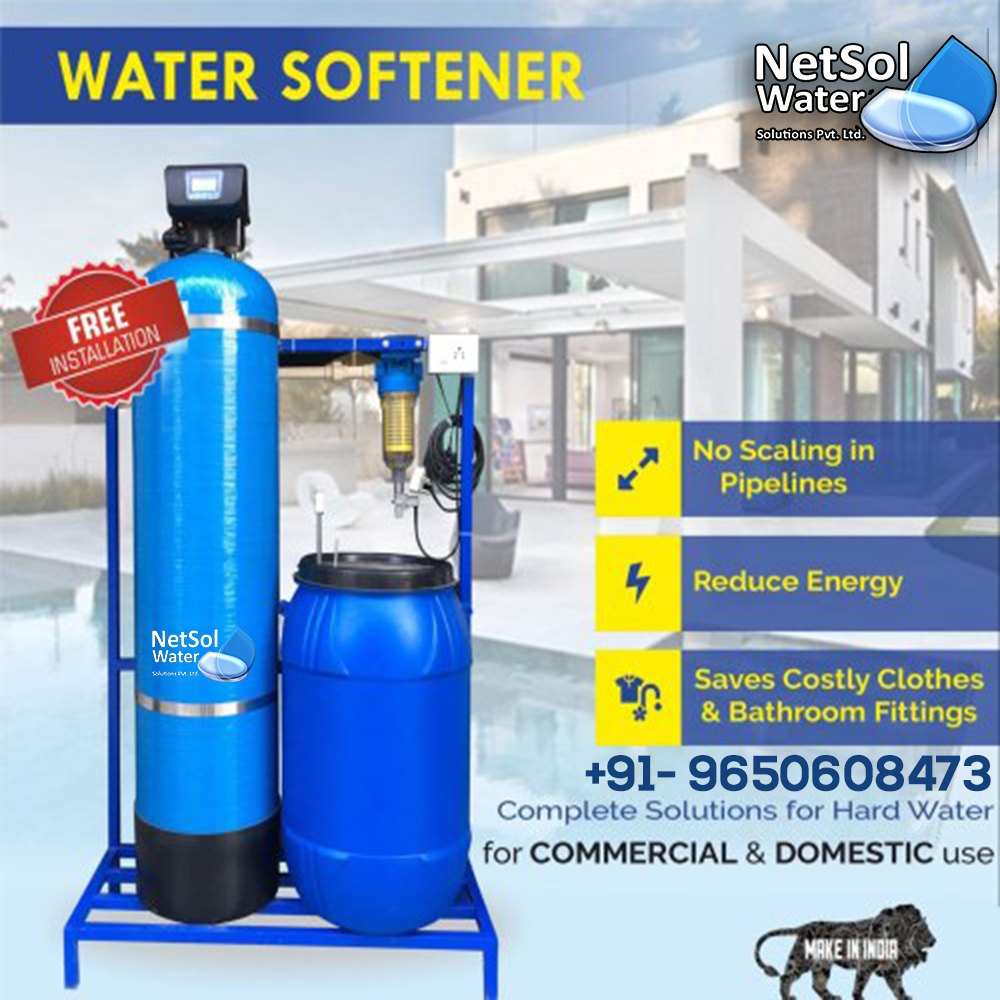What is the purpose of a water softening plant?
A hard water softener is a device that treats hard water with sodium chloride, generally known as salt. Hard water has an excess of minerals including calcium, magnesium, manganese, and iron, which can be a costly annoyance in the home. These minerals are absorbed into the water supply and crystallise and adhere to domestic surfaces as the water is heated in the home.
The effective component of a water softener, sodium chloride, works to replace these undesired minerals. A salt-filled water softener is a relatively simple gadget. The water supply travels via the water softener across resin beds, where rows of resin beads undertake an ion-exchange process. The resin beads chemically bind and exchange undesirable 'hard' mineral ions for sodium ions.
Strong acid Cation resin is the most common type of softener resin.When the resin beds get saturated with minerals, the water softener flushes them out with brine, and the process starts all over again. Water softeners are quite simple to use and maintain. After that, all you have to do is add sodium chloride on a regular basis, and the water softener will take care of the rest. Because sodium salts do not form hard scales, water lacking calcium and magnesium salts is referred to as soft water.
What is the purpose of Water Softening?
Water softening is an important technique since it reduces the hardness of water in homes and businesses. When the water is hard, it can clog pipes and make soap dissolve more slowly. These detrimental impacts can be avoided by water softening.Calcium (Ca2+) and magnesium (Mg2+) ions are mostly removed by softeners. The minerals calcium and magnesium are known as 'hardness minerals’. Softeners are occasionally used to get rid of iron. The softening devices can remove up to five milligrams of dissolved iron per litre (5 mg/L) from the water.
Softeners can be operated manually, semi-automatically, or automatically. Each type is evaluated according to how much hardness it can remove before requiring regeneration. In residential water systems, hard water increases the likelihood of lime scale deposition. Pipes become clogged as a result of the lime scale build-up, and the efficiency of hot boilers and tanks is lowered. Domestic water heating costs rise by roughly 15% to 20% as a result of this.
Another disadvantage of lime scale is that it causes damage to household appliances, such as washing machines. Water softening entails extending the life of domestic machines, such as washing machines, as well as pipelines.
In many countries, it was found that the old softener system was removing hardness but needed an upgrade and thus replacement in many areas. After reviewing water usage data and the projected usage data,a water softener was selected.A linen facility was adopted in the upgradation of a conventional water softener as it was much more efficient in doing its work.
The linen facility uses soft water in its wash process and for boiler feedwater makeup. Using soft water reduces detergent usage as well as reduces energy consumption in the boiler.




